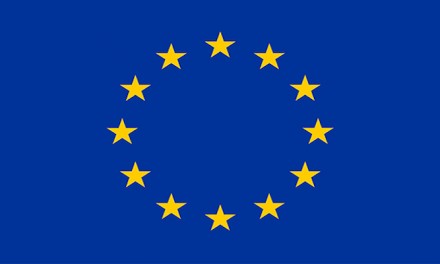In 2002, a Chinese dissident named Wang Xiaoning was arrested because of an article he posted online. Mr. Wang had called, courageously, for democratic reforms — but had done so anonymously. He was arrested only because California-based Yahoo assisted the Chinese government in determining who had posted the piece. (Users of Yahoo’s Bronze Age-style email service may be shocked the company actually had this technical capability.) Mr. Wang ended up serving 10 years in prison.
Yahoo’s decision to aid in political repression brought it widespread opprobrium — and a lawsuit. Mr. Wang’s wife sued the tech giant in 2007, and Yahoo ended up settling. But what looked back then like a uniquely craven decision now appears to have been a sign of things to come.
Repressive states are on the rise economically. Measured by purchasing power parity — the idea that, for instance, a haircut has the same economic value in every country — the Chinese economy has already eclipsed America’s. Gross domestic product will soon follow. The Gulf monarchies are booming, too. And Saudi Arabia has a sovereign wealth fund that is investing widely overseas.
U.S.-based multinationals want a piece of authoritarian countries’ growing pies. And who can blame them? Democracies in Western Europe, Japan, and South Korea are economically sclerotic. The U.S. is growing, sure, but at a clip well below that of China. Multinational corporations exist to grow, and places, such as China, are where the opportunities lie.
The growing economic might of repressive states has given them increasing economic clout as well, not only against rival governments but also corporations. Countries such as China and Saudi Arabia have the ability to say: Play by our rules, or we’ll shut you out. That’s a threat that American companies feel increasingly compelled to worry about.
China has long been a particularly instructive example. Google, and its subsidiaries YouTube, Twitter and Facebook, have for years been banned in the country. This has served both political and economic ends: Chinese clones of those services, which practice censorship, have risen in their place. It’s economic protectionism married to political repression.
Google, for its part, wants back in. The Intercept reported last year the existence of a secret project dubbed “Dragonfly,” a “censored version of its search engine in China that will blacklist websites and search terms about human rights, democracy, religion, and peaceful protest.” The service reportedly will be ready for launch this year.
Facebook honcho Mark Zuckerberg has been particularly unctuous, going so far as to blurb Chinese dictator Xi Jinping’s unreadable “The Governance of China I.” (“I’ve bought copies of this book for my colleagues,” he enthused, thus revealing Mr. Zuckerberg to be a truly horrible boss.) And Facebook, like Google, has been working to develop a tool that would enable censorship on its site to placate Beijing. Mr. Zuckerberg wants badly for Facebook to be allowed in China.
Netflix is the latest American company to embrace censorship to curry favor with an authoritarian regime. Last week, it removed an episode of the show “Patriot Act” in which a comedian criticizes the Saudi government’s role in the killing of Jamal Khashoggi, spurring widespread condemnation.
On one level, it’s hard to “blame” the likes of Google, Facebook and Netflix for wanting to appease Beijing and Riyadh. Their shareholders are surely demanding growth. This sorry state of affairs is simply a result of the growing economic might of authoritarian states. But at the same time, it would be nice to see one ostensibly American corporation at some point draw a line in the sand and take a stand in favor of freedom of expression.
I have been threatening to cancel my Netflix subscription for months simply because its selection is so awful — this is a company that no longer streams “The Godfather” but instead offers up fare like “The Human Centipede 2.” The Saudi cave-in finally compelled me to pull the trigger.
• Ethan Epstein is deputy opinion editor of The Washington Times. Contact him at [email protected] or on Twitter @ethanepstiiiine.
© Copyright (c) 2019 News World Communications, Inc.


















Recent Comments